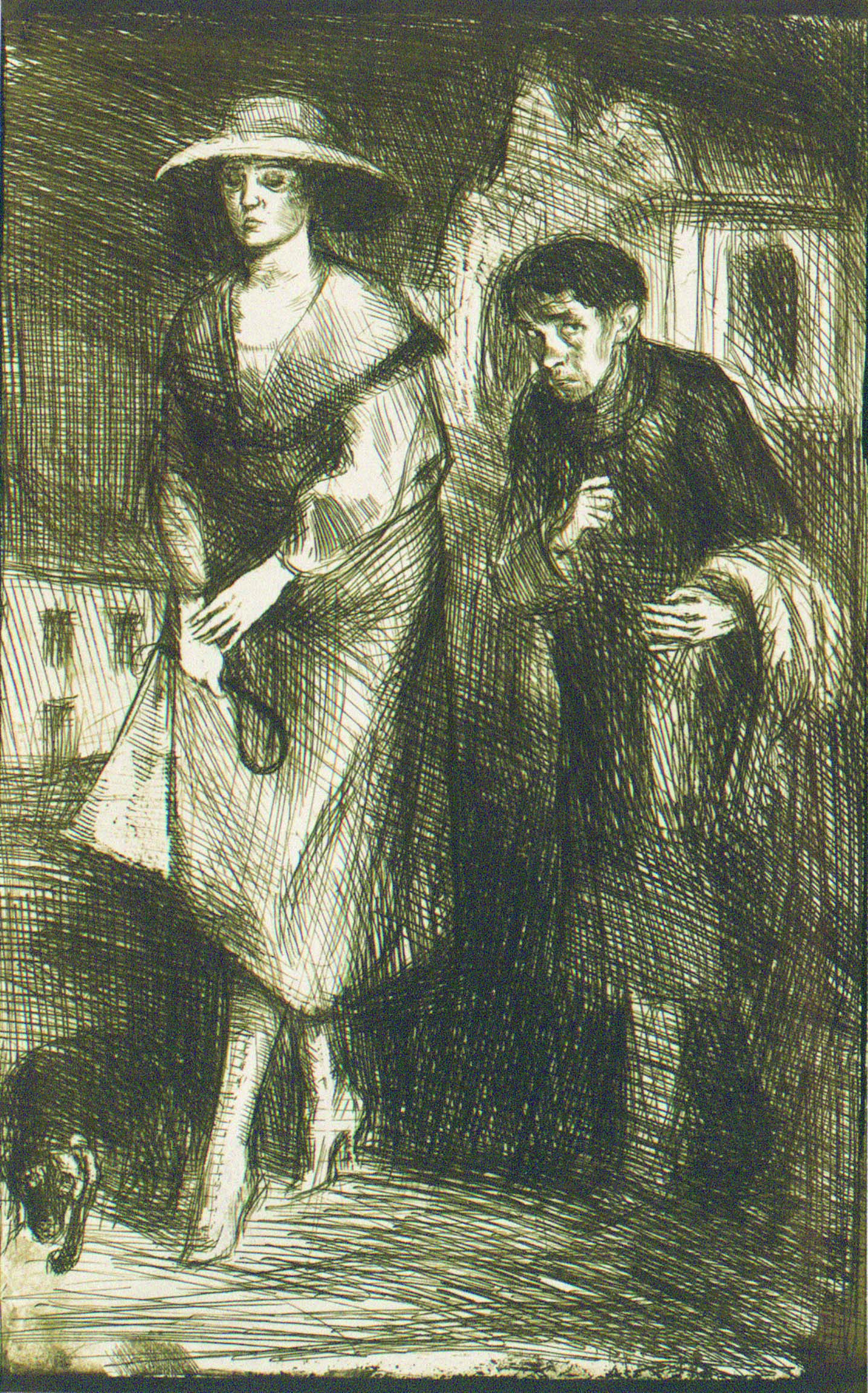Schulz na scenie
DOI:
https://doi.org/10.26881/sf.2019.14.03Słowa kluczowe:
Bruno Schulz, Tadeusz Kantor, polski teatr, teatr postdramatyczny, adaptacja teatralnaAbstrakt
The aim of this paper is to answer the question why theatrical performances based on the literary works of Bruno Schulz usually turn out disappointing. It was first posed by Jerzy Jarzębski 25 years ago. The author of the present paper discusses Jarzębski’s theses and proposes his own explanation. He disagrees with a claim that Schulz’s fiction is “unstageable” by nature. In the era of post-dramatic theatre, the idea of “unstageability” is evidently anachronistic. Therefore, the author demonstrates that there must be something wrong in the theater directors’ approaches to Schulz and his works. An analysis of several performances from the recent decade – directed by Petr Boháč, Robert Drobniuch, Konrad Dworakowski, Edyta Janusz-Ehrlich, Tomasz Kajdański, Jacek Krawczyk, Leszek Mądzik, Jan Szurmiej, Piotr Tomaszuk, Julia Wernio, Ingmar Villqist and Rudolf Zioło – leads to a conclusion that contemporary artists who deal with Schulz are unable to look at him from a distance and free themselves from his influence. They are simply too passive to create an autonomous theatrical vision in which Schulz’s literary world would be only a component and not the dominant substance. For this reason, their theatrical adaptations remain unsuccessful. In Polish theater there was only one artist who became a real partner for Schulz, strong enough to face his genius –Tadeusz Kantor. In his Dead Class (1975), Kantor managed to “utilize” the poetics of Schulz’s stories to create his own, original, and totally independent narrative. Since that time, each director who wants to stage Schulz’s literary works has had to struggle not only with the author of The Cinnamon Shops, but also with the leader of the Theater of Death. And this is, indeed, a very difficult task.
Downloads
Bibliografia
Baran Mirosław. 2009. „Kobiety, które uwodzą”. Gazeta Wyborcza – Trójmiasto 16.06., http://www.dziennikteatralny.pl/artykuly/kobiety-ktore-uwodza.html.
Bojanowski Michał. 2018. „Aj waj. Schulz we Wrocławiu”. Chidusz. Magazyn Żydowski 13.06., https://chidusz.com/xiegi-schulza-bruno-schulz-teatr-polski-wroclaw-jan-szurmiej-recenzja-spektaklu/.
Ciechowicz Jan. 1993. Bruno Schulz w teatrze, W Teatr pamięci Brunona Schulza. Pod red. J. Ciechowicza i H. Kasjaniuk. Gdynia: Władze Miasta Gdyni.
Hoppe Balbina. 2019. „Schulz niesceniczny?”. Schulz/Forum 13.
Jarzębski Jerzy. 2005. Schulz (nie)teatralny. W Prowincja Centrum. Przypisy do Schulza. Kraków: Wydawnictwo Literackie.
Kaźmierska Marta. 2015. „Taniec w magazynie osobliwości”. Gazeta Wyborcza – Poznań 11.12., http://www.e-teatr.pl/pl/artykuly/214216.html.
Lehmann Hans-Thies. 2009. Teatr postdramatyczny. Przeł. D. Sajewska i M. Sugiera. Kraków: Księgarnia Akademicka.
Mamoń Bronisław. 1987. „Republika marzeń”. Tygodnik Powszechny 46, http://www.cyfrowemuzeum.stary.pl/przedstawienie/394/republika-marzen.
Owczarski Wojciech. 2006. Miejsca wspólne, miejsca własne. O wyobraźni Leśmiana, Schulza i Kantora. Gdańsk: słowo/obraz terytoria.
Puzyna Konstanty. 1982. My, umarli. W Półmrok. Felietony teatralne i szkice. Warszawa: PIW.
Radosavljević Duska. 2013. Theatre-Making: Interplay Between Text and Performance in the 21st Century. Basingstoke: Palgrave Macmillan.
Skrzypczyk Aleksandra. 2017. „Schulz w operze”. Schulz/Forum 9.
Spiczak-Brzezińska Magdalena. 2009. „Tajemnicze Sanatorium”. Gazeta Wyborcza – Olsztyn 24.11, http://ww.dziennikteatralny.pl/artykuly/tajemnicze-sanatorium-1.html.
Stojanović Branislava. 2018. „Bruno Schulz 2018. Raport (według dziennika aktywności @bruno-schulz.org)”. Schulz/Forum 12.
Szczebiot Konrad. 2015. „Schulz nasz współczesny”. Teatr Lalek 1, http://www.e-teatr.pl/pl/artykuly/199723.html.
Zalesiński Jarosław. 2012. „Gdański teatr Wybrzeże: Wariacje na temat Brunona Schulza”. Dziennik Bałtycki 4.04., https://dziennikbaltycki.pl/gdanski-teatr-wybrzeze-wariacje-na-temat-brunona-schulza-recenzja/ar/546611.

 Uniwersyteckie Czasopisma Naukowe
Uniwersyteckie Czasopisma Naukowe





